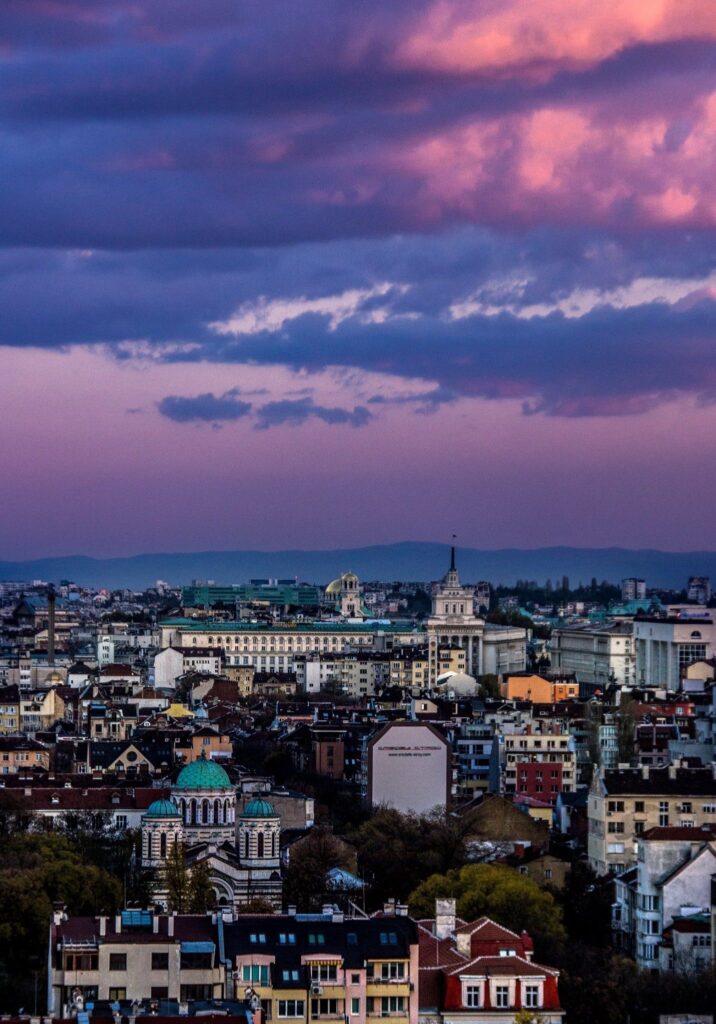- metrotravels42@gmail.com
- 09 Basement, Arora Prime Tower, Phagwara
Metro Travels offers wide range of courses in all streams throughout European countries
The education system in Europe is one of the oldest and most popular in the world. Europe offers international Bachelor’s, Master’s, and PhD degrees in a wide variety of fields and programs. A growing number of European higher education institutions offer international study programs with English as the main language of instruction and there are very few programs which do not offer English-Taught Degree Programs. To study in Europe now has become particularly advantageous, as programs in English are common in the areas of Business, Management, Science, and Engineering. Any foreign student, who wants to study in Europe, can also follow study programs in other European languages: German, French, Dutch, Swedish, Finnish, Danish, Norwegian, Greek, Spanish, Italian, or Portuguese; provided that they have sufficient knowledge of that language.
One slient aspect of Europe study programs is the project called Erasmus. Erasmus (“European Community Action Scheme for the Mobility of University Students”) is the European Commission’s educational program for Higher Education students, teachers and institutions. Erasmus involves student mobility, teacher mobility, and curriculum development based on co-operation agreements between Higher Education Institutions in different participating countries.


France has a lot to offer to an international student be it in terms of its matchless world class education which is in tune with global job requirements , intellectual and artistic heritage or mesmerizing scenery. France has in store for you rich culture, fabulous food , priceless architecture and endless number of cafes, museums, galleries and cinemas offering an unparalleled experience all while you earn that priceless French qualification.


Belgium, though a relatively small country, has created a global footprint as a trade hub with global focus and as an international study destination, offering one of the best international study experiences. Known world over for its rich history, vibrant culture and mouth watering chocolate waffles and pint, Belgium is sure to offer a relishing and full filled study stint for any international student.
The Belgium higher education system is part of the European Higher Education framework set up by the Bologna Process, which introduced a uniform European framework for higher education. It consists of 3 cycles:
These programs are assessed by European Credit Transfer and Accumulation System (ECTS) credits, wherein 1 credit is equal to between 25 and 30 hours of pupils study











WhatsApp us
